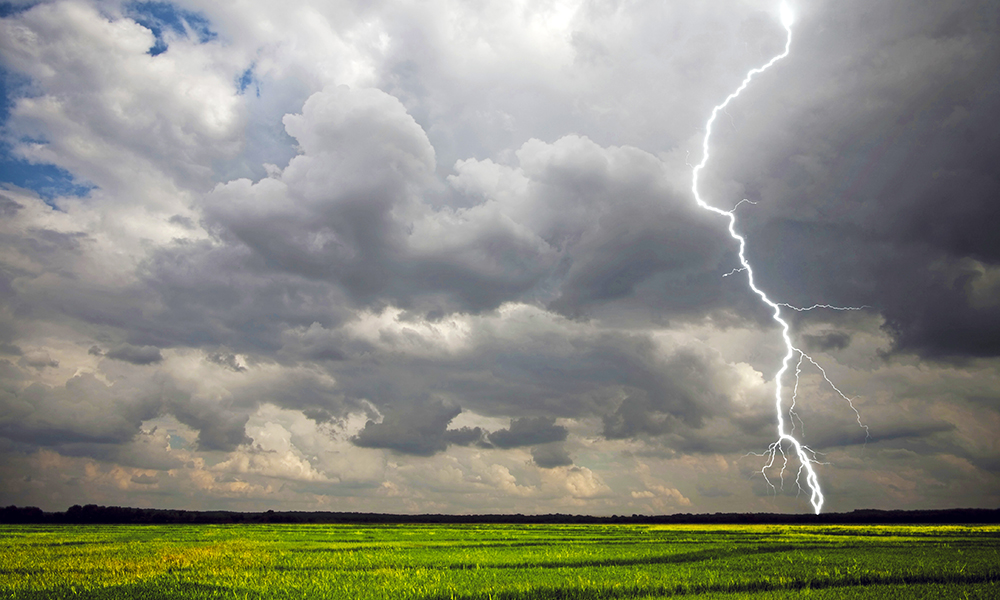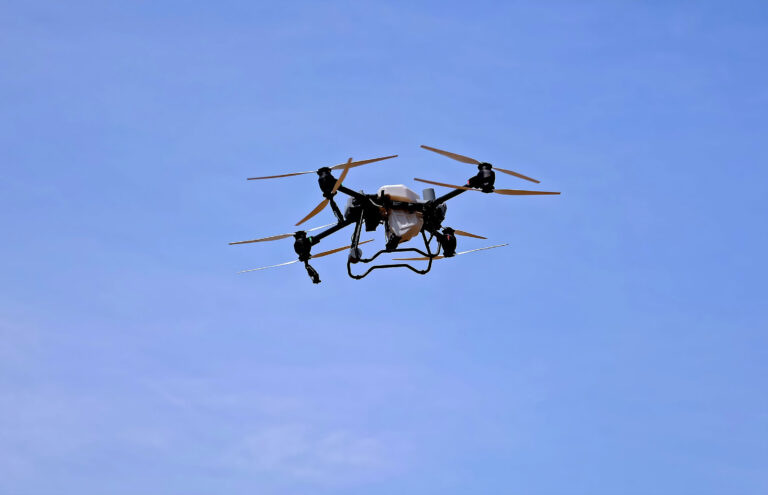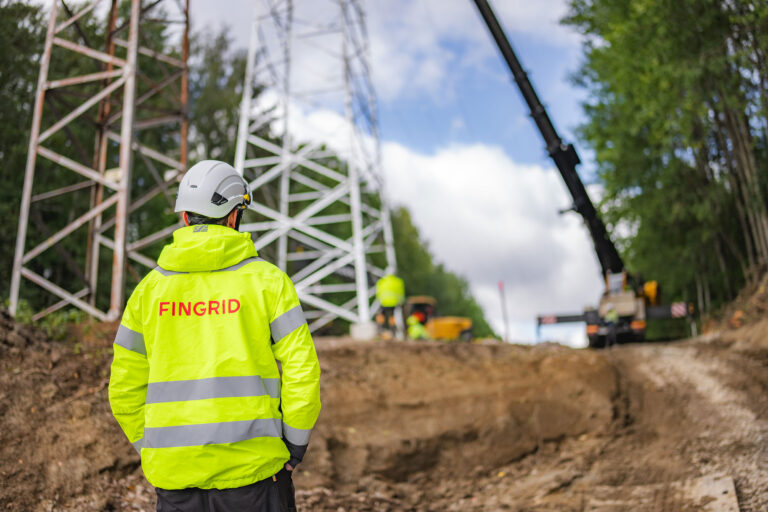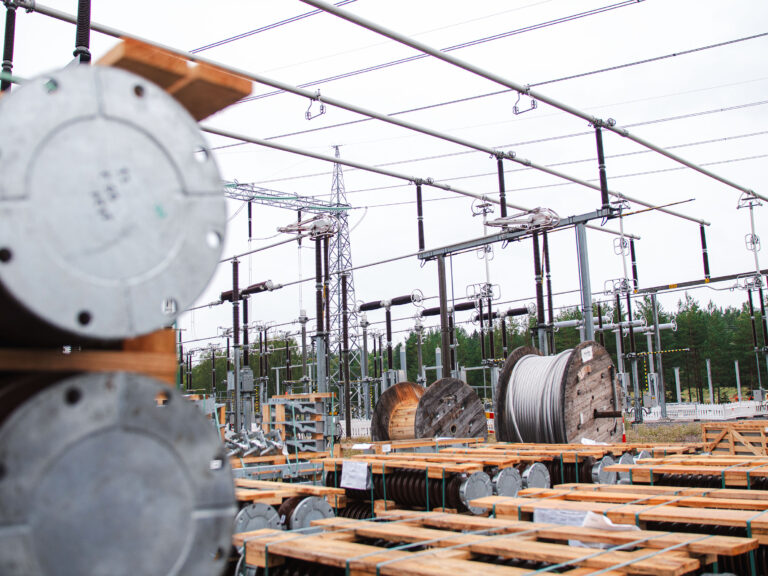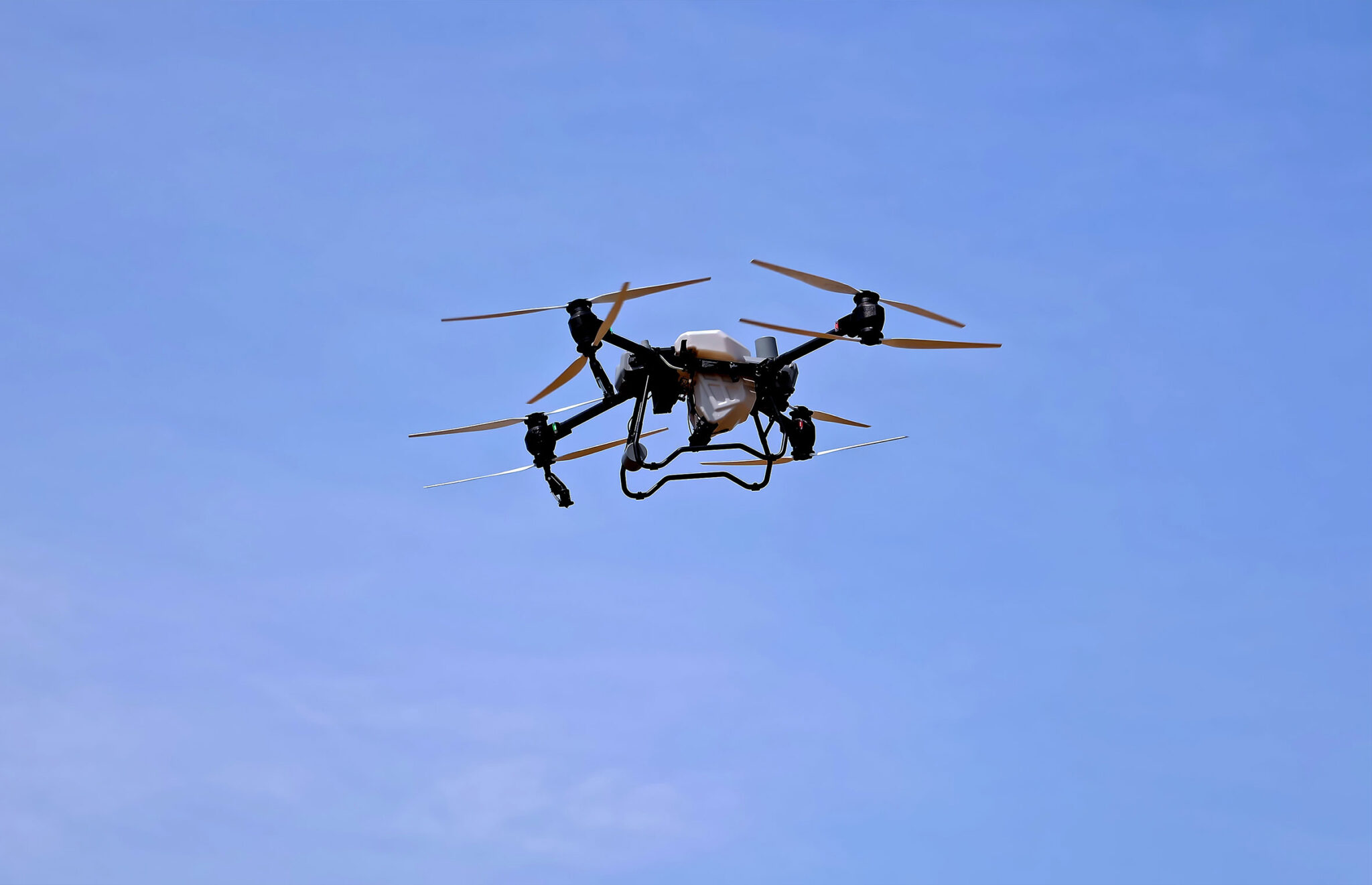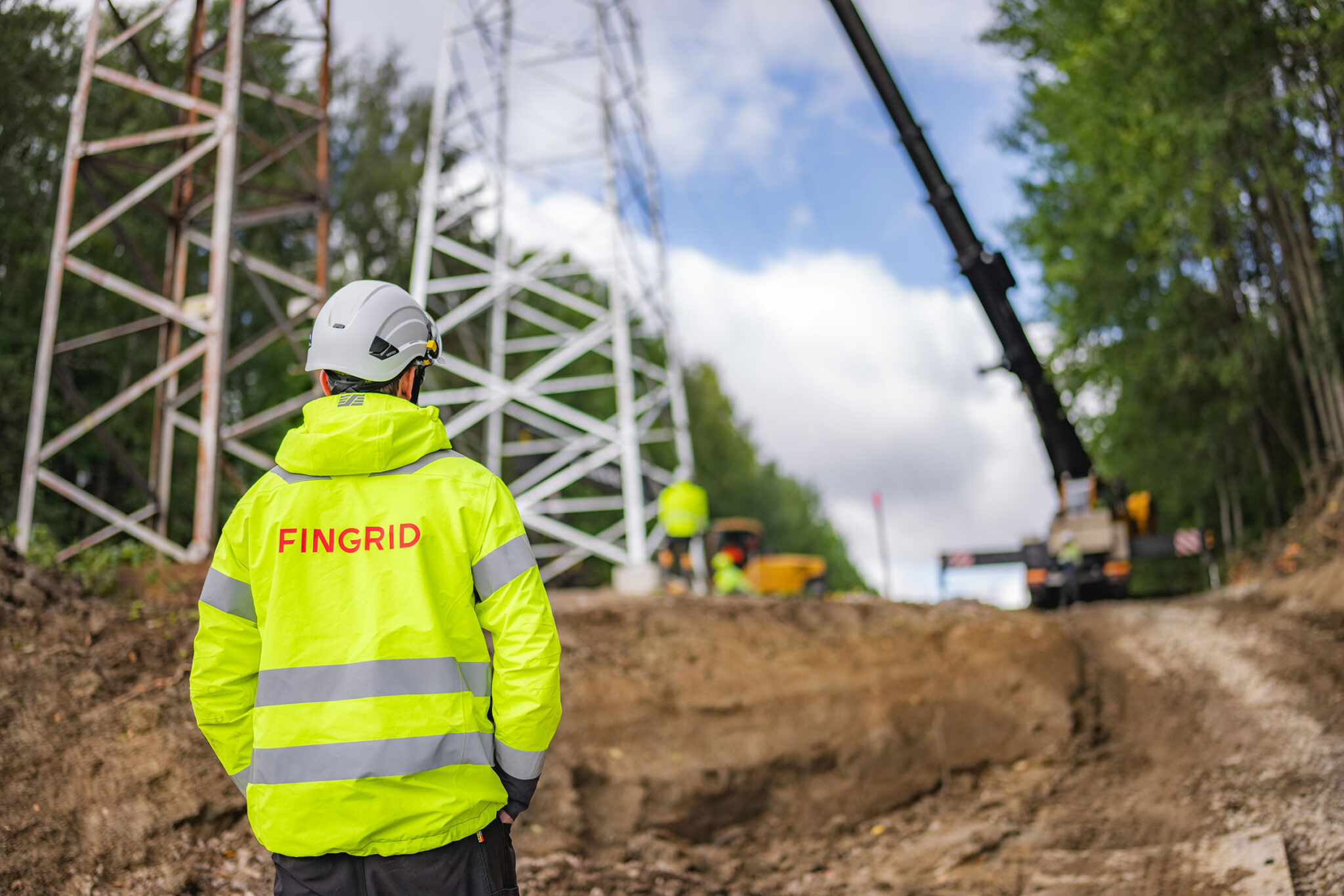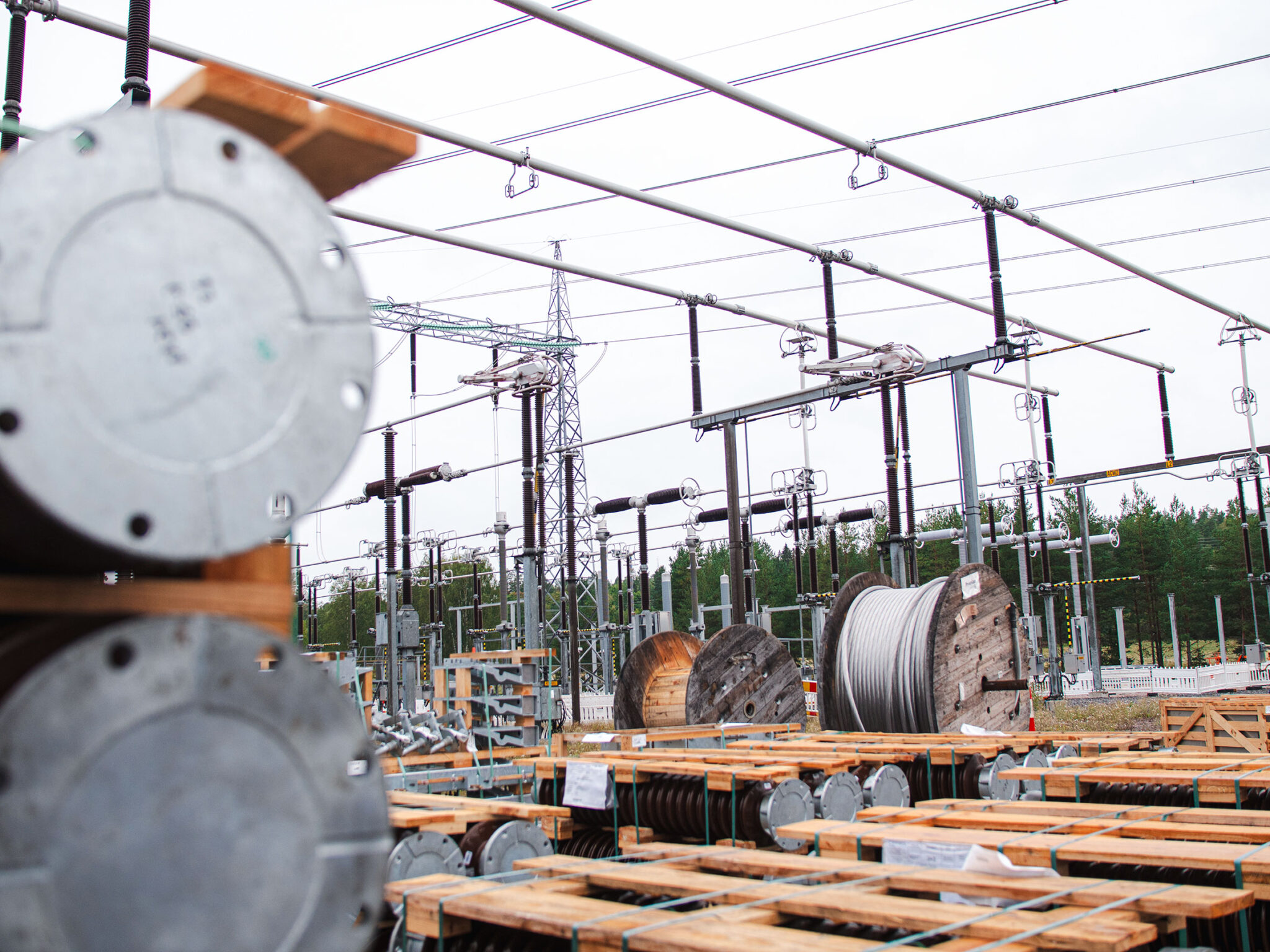
What kind of problems do hot weather and thunderstorms cause for the electricity grid?
We have approximately 300 disturbances in the electricity main grid each year, and half of these are caused by thunderstorms in the summer. When your lights flicker at home, it means that a power line has been out of action for a moment but automation has dealt with the problem.
Transmission lines are made of steel aluminium, which expands during extended periods of hot weather. During the summer, the load being conveyed inside the transmission line also heats up the line. As a result, the transmission lines may begin to droop, which restricts the amount of power that can be transmitted. If the transmission lines overheat, the drooping sections may not return to their original state.
A lack of rain increases the risk of forest fires. Transmission lines may have to be disconnected due to forest fires or a risk of them. Storms, on the other hand, can knock over trees and damage transmission line structures.
How does hot weather affect electricity production?
For example, thermal power plants use sea water for cooling. Power may have to be reduced at the plants if the cooling water heats up too much. This was the case at Loviisa last summer.
Dryness can limit hydropower production. Hot weather is often calm as well, which means less wind power.
The power obtained from reserve power plants is temperature-dependent and therefore lower during hot weather due to the greater need for cooling.
What is the effect of lower electricity consumption during the summer?
We plan annual grid and power plant maintenance for the summertime, when electricity use is about two thirds of the level in winter. Since fewer power plants are connected to the grid, we may experience a surprising shortage of electrical power in fault situations.
Voltages in the electricity grid also increase during periods of low electricity consumption, especially on summer nights. Electrical devices are designed for a certain operating voltage and a higher voltage can cause damage.
We monitor power system inertia very carefully. Inertia is low during the summer, since we have less power plants connected to the grid. Inertia means the ability to resist change and prevent fault situations in the power system. Faults are more likely to occur when there is less inertia.

